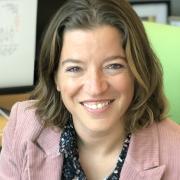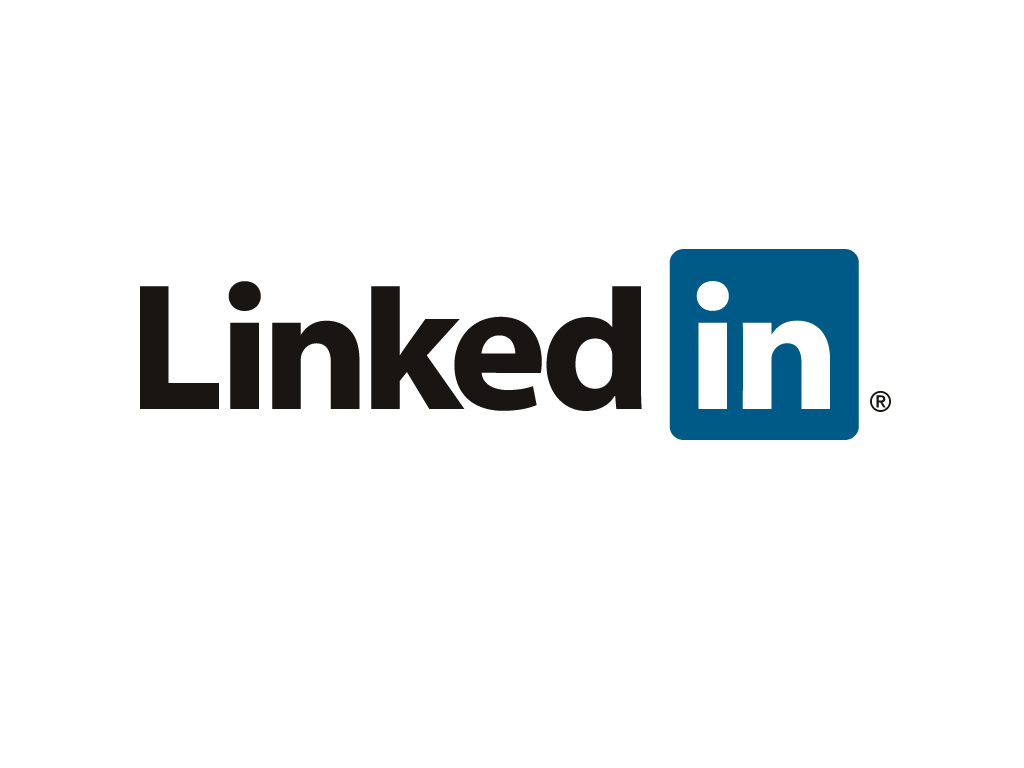
Myriam Chaumeil, PhD
My research program is a direct reflection of my dual education in biology and Magnetic Resonance (MR) physics, and builds upon the synergy between these two fields. I believe that biological discoveries should drive the design of sensitive, specific and clinically translatable MR imaging methods that can improve diagnosis, prognosis and monitoring of therapeutic response. I also trust that thoughtfully applied MR techniques can uncover new biological mechanisms, further our understanding of pathogenic processes and help to identify potential therapeutic targets.
Among all MR methods, the hyperpolarized 13C dissolution dynamic nuclear polarization (DNP) methodology was a thrilling discovery for me, and a perfect fit for my multidisciplinary background. This methodology has been at the center of my research since I move to UCSF as a post-doc. There, I have had the opportunity to learn all aspects of this exciting specialty from internationally recognized scientists, from polarizer hardware to dedicated acquisition schemes. On the biochemistry side, I have developed a high interest in the design and optimization of hyperpolarized probes, from the chemical conceptualization to the requirements for clinical translation.
I am an Associate Professor in residence in the departments of Physiological Therapy and Rehabilitation Science, and Radiology and Biomedical Imaging at UCSF since 2016. I am also a QBI Investigator as well as a core member of the UC Berkeley-UCSF Graduate Program in Bioengineering. My lab focuses on preclinically developing and biologically validating hyperpolarized 13C methods for in vivo measurement of brain metabolism, in physiological and pathological conditions. We have a particular interest in expanding the use of MR metabolic imaging to the study of neurodegeneration and neuroinflammation using preclinical models of Multiple Sclerosis (MS), Traumatic Brain Injury and Alzheimer’s disease (AD). While our main field of expertise is preclinical imaging, our ultimate goal is to have a positive impact on healthcare, designing imaging solutions aiming at refining diagnosis, prognosis and therapeutic regimen in a patient-specific way.
For a brief description of my research program, check out the Discovery Talk I gave at UCSF Alumni Weekend 2022. It is a short, TED-talk-like 7 minutes presentation is entitled: Let's take our brain for a spin!




